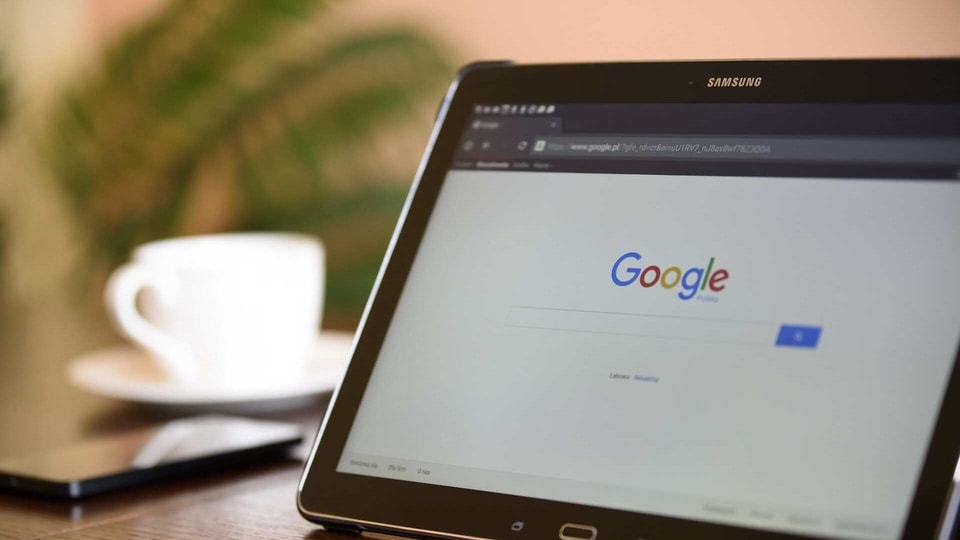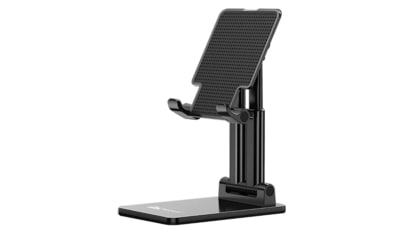Germany, Lufthansa tougher foes for Vestager than Google
Vestager, the EU’s powerful antitrust czar, allowed Lufthansa to keep more planes in Frankfurt and Munich than she initially wanted and gave the airline more time to prepare for outside competition at its key hubs.

Margrethe Vestager, the scourge of Silicon Valley, found a tougher foe from within the European Union this week, as Deutsche Lufthansa AG fended off some of her demands to secure the region's biggest pandemic bailout.
Vestager, the EU's powerful antitrust czar, allowed Lufthansa to keep more planes in Frankfurt and Munich than she initially wanted and gave the airline more time to prepare for outside competition at its key hubs. But the 52-year-old Dane needed to be flexible as political pressure mounted after the company's supervisory board complained that her first deal went too far.
The concessions were a rare retreat for Vestager, who has braved angry tweets from the White House after imposing tough penalties on Apple Inc. and Google. She has previously irritated Berlin as well -- blocking a prized rail deal last year that may have cost her a shot at the EU's top job.
But European airlines are a trickier target for EU regulators than U.S. technology giants. Air France-KLM's quick approval for a French government loan drew some ire in Germany. When Lufthansa faced higher hurdles, the reaction showed that many politicians hadn't recovered from her decision to block Siemens AG and Alstom SA's plans to create a mammoth rail company.
“Weakening a major pan-European airline like Lufthansa by slot divestments goes against the debate, spearheaded by German and French commentators, of the need to create European champions,” said Ioannis Kokkoris, a law and economics professor at Queen Mary University of London.
Lufthansa will be one of the first companies to seek EU approval for a 9 billion-euro ($10 billion) rescue that involves Germany taking a 20% stake in the airline. Such state-sponsored recapitalizations get tougher scrutiny because the EU views them as more harmful to competition than the aid France gave to Air France-KLM.
Hours before striking the Lufthansa deal, Vestager told journalists that companies get a major boost when the government owns part of the company because it triggers “more trust in your viability.”
‘Big Risk'
There is “such a big risk” to competition “that you will have to remedy this” to ensure rivals without help can also compete when the economy recovers.
To preserve competition, rivals “need to have slots in an airport” which determine how many flights and when an airline can operate, she said.
While Vestager was willing to give in on planes and time, she wasn't willing to budge on slots.
Friday's deal will see Lufthansa yield space at the Frankfurt and Munich airports when they become congested again -- which is uncertain given the current travel restrictions.
Lufthansa won't have to give up as many aircraft as the EU initially pushed for and gains some protection from existing rivals because slots will initially be reserved for airlines starting new routes at the airport.
Vestager may not be the final obstacle to the deal. Ryanair Holdings Plc, which could benefit from the Lufthansa offer, has threatened to sue the EU if it approves a bailout that unfairly boosts the German carrier. Ryanair has already filed a challenge to a French airline tax break and has complained that Italy's regular rescues of Alitalia SpA violate EU rules limiting subsidies to companies in financial difficulty.
The aid package also comes as German Chancellor Angela Merkel's government orchestrates an unprecedented economic rescue program for the wider economy, totaling 600 billion euros.
German politicians have increasingly blamed strict competition rules for hobbling industries and blocking mega-deals and stopping firms getting anything close to the huge state subsidies that rivals in China receive.
Merkel last year called the EU “rash” to dismiss Chinese rivals when it blocked Siemens's bid to merge its rail operations with Alstom.
But with the future of its flag-carrying airline at stake, EU demands still face stinging criticism from Germany.
Michael Theurer, deputy leader of Germany's opposition FDP party, said the forced surrender of slots “will weaken the airline” and “the German government is achieving exactly the opposite of what it claims,” he told Handelsblatt Saturday.
But it the end, the deal gave both sides what they needed.
The aid package is a “compromise that all parties can live with,” German Economy Minister Peter Altmaier said, according to broadcaster ARD.
Written by Aoife White.
Catch all the Latest Tech News, Mobile News, Laptop News, Gaming news, Wearables News , How To News, also keep up with us on Whatsapp channel,Twitter, Facebook, Google News, and Instagram. For our latest videos, subscribe to our YouTube channel.


























